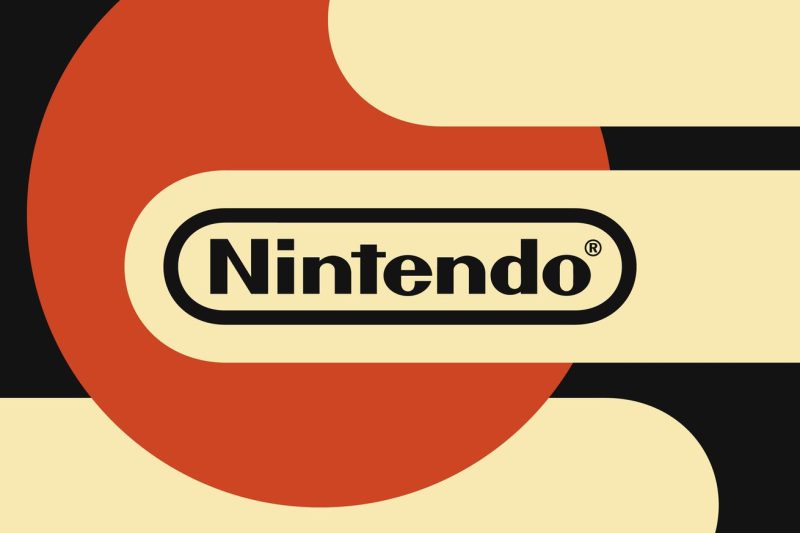Nintendo Sues Switch Emulator Yuzu for Facilitating Piracy at a Colossal Scale
The world of gaming has seen a revolutionary shift in recent years with the introduction of various emulators that allow gamers to experience a wide range of games on different platforms. However, with this convenience comes a host of legal and ethical challenges, especially when it comes to the issue of piracy. Recently, Nintendo filed a lawsuit against the popular Switch emulator Yuzu, accusing it of facilitating piracy on a massive scale.
Yuzu, developed by the creators of Citra, a 3DS emulator, has gained significant popularity among gamers who wish to play Nintendo Switch games on their PCs. While emulators like Yuzu have legitimate uses, such as enabling players to experience games on platforms they do not own, they also open the door to widespread piracy.
Nintendo, known for its strict stance against piracy, alleges that Yuzu not only enables users to play unauthorized copies of Switch games but also provides instructions on how to bypass the console’s security measures. This, according to Nintendo, has led to a significant increase in pirated copies of its games being circulated online.
The lawsuit filed by Nintendo highlights the legal ramifications that emulator developers and users may face when engaging in or encouraging piracy. Copyright infringement is a serious offense, and companies like Nintendo are well within their rights to protect their intellectual property from unauthorized distribution.
While Yuzu’s developers claim that the emulator’s primary purpose is not to facilitate piracy, the ease with which users can obtain and play pirated games through the emulator raises concerns about its impact on game developers and publishers. Piracy not only results in financial losses for these companies but also undermines the hard work and creativity that goes into developing new games.
The legal battle between Nintendo and Yuzu serves as a cautionary tale for emulator developers and users alike. While emulators can offer a unique gaming experience, it is essential to use them responsibly and respect the intellectual property rights of game developers. By supporting legitimate means of acquiring and playing games, gamers can contribute to the growth and sustainability of the gaming industry.
In conclusion, the case of Nintendo suing Yuzu for facilitating piracy sheds light on the complex relationship between emulators, piracy, and intellectual property rights. As technology continues to evolve, it is crucial for developers, users, and companies to navigate these challenges with care and respect for the creative efforts of those in the gaming industry. Ultimately, promoting a culture of legal and ethical gaming practices benefits everyone involved in the gaming ecosystem.




























